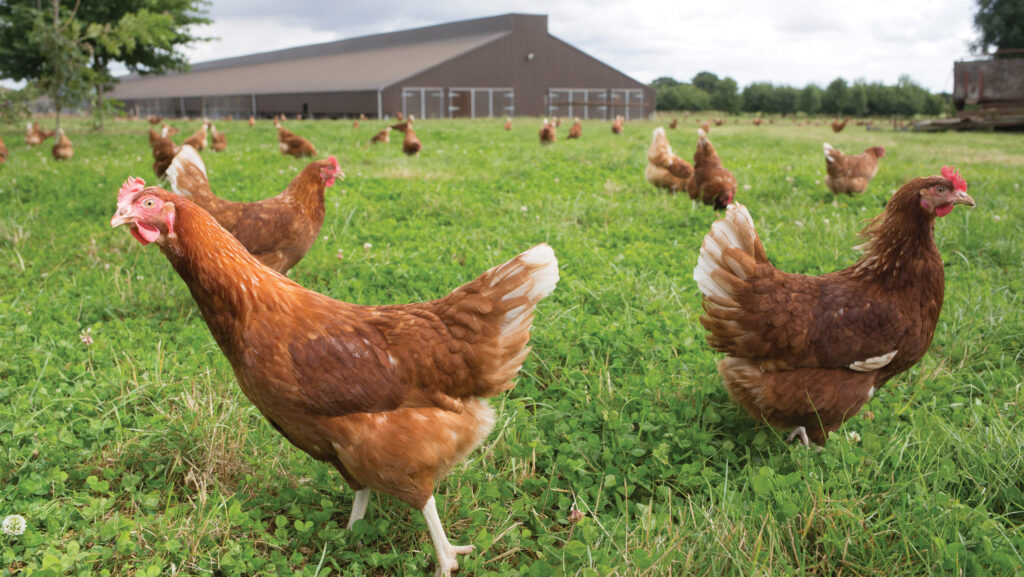Bird flu spread strengthens argument for gene editing
 © Tim Scrivener
© Tim Scrivener With cases of highly pathogenic avian influenza continuing to disrupt the poultry and game bird industries, calls on the UK government to allow gene editing in farmed animals are increasing.
Prof Lord Trees, a veterinarian and vice-chairman of the All-Party Parliamentary Group on Science and Technology in Agriculture, has renewed his call for the UK government to bring forward rules under the Genetic Technology (Precision Breeding) Act 2023 to allow the use of gene editing in farmed animals.
See also: Bird flu makes an unwelcome return in backyard flock
This, he said, could help mitigate the risk of bird flu spiralling out of control and causing another zoonotic pandemic in the human population.
The 2024-25 UK bird flu “season” has resulted in nearly 2.3m captive bird deaths, though the risk to human health from the avian influenza virus remains very low.
Leading virologists at the Global Virus Network (GVN) previously called on governments worldwide to address the rising threat of H5N1 avian influenza, and to prepare for potential human-to-human transmission.
Break the cycle
UK research using gene-editing techniques to develop bird flu resistant chickens is ahead of the curve internationally, Prof Trees said, highlighting that it may offer a route to break the cycle of H5N1 transmission.
“We must not fall off the pace in regulatory terms.
“When genetic technologies are available which can help alleviate animal suffering, reduce the risk of another zoonotic pandemic in the human population, and also free up opportunities to boost productivity and economic growth, why would we not use them? he asked.
Urging the government to implement the secondary legislations needed to allow the commercial use of gene editing in farmed animals, he added.
“In the face of urgent warnings from the world’s leading virologists about the risks of a human pandemic, I urge the government to act without delay.”
Immense opportunity
Secondary legislation to allow the use of gene-editing techniques in plants was cleared in parliament in May.
During a subsequent Westminster Hall debate on 22 July, former Defra secretary Steve Barclay joined calls to allow the commercial use of gene editing in farmed animals.
“Gene editing provides immense opportunities to the UK in boosting growth in our agricultural sector, in supporting our world-leading life science industry and in better protecting our environment for future generations,” he said.
Defra response
A Defra spokesperson said: “This government will do whatever it takes to protect our nation’s farmers from a disease outbreak.
“That’s why we have announced plans to invest over £200m in a new national biosecurity centre to protect livestock from diseases.
“We continue to consider the regulatory framework for animals outlined in the Genetic Technology (Precision Breeding) Act 2023.”
